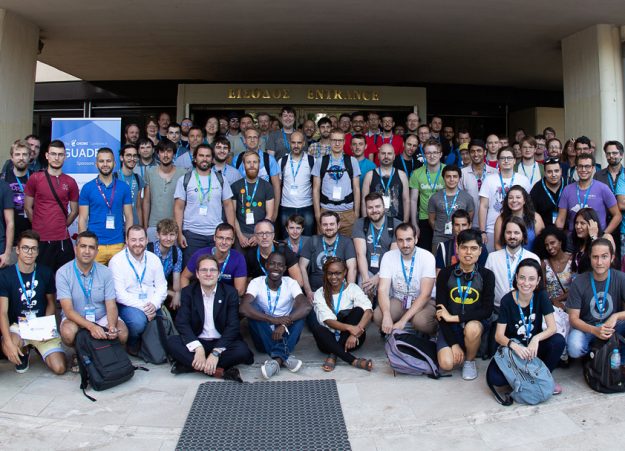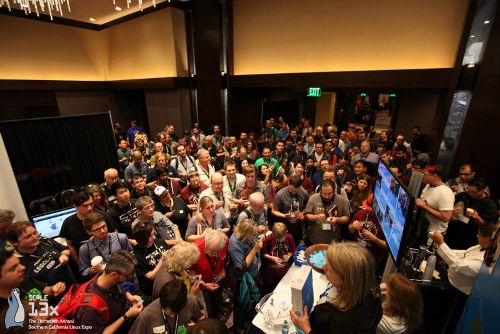In typical LibrePlanet fashion, even though forced online for the third year in a row by the pandemic, it remained true to its commitment to software freedom by streaming the event using only free and open source software.
FOSS Force
CentOS replacement AlmaLinux on Friday released a new ISO for a version of it's operating system that supports IBM's open source Power processor.
On March 29th you can broaden your open source horizons, sharpen some skills, and maybe even get a free System76 laptop or a Lenovo Chromebook if you're lucky enough to win a prize.
When you're a big enterprise with a cloud native infrastructure running on thousands of servers and from numerous clouds, nipping a problem in the bud isn't good enough. Chaos Mesh can help you find an issue before it gets triggered and causes a costly outage.
McGovern will have been in the position well over five years by the time a replacement is found and put in place -- the longest tenure of any executive director in the organization's history.
Looking for a job where you could make a difference? You might qualify for these current positions with the Electronic Frontier Foundation.
All Things Open presents Blender 101 on Tuesday, February 15, 2022 as a free webinar. Copies of "Blender for Dummies", All Things Open t-shirts and stickers, and other swag will be given away to lucky winners!
The Electronic Frontiers Foundation is attempting to have some DMCA provisions declared unconstitutional by the courts on First Amendment grounds.
Covid mandates have forced Scale organizers to reschedule the Southern California-based conference, which has also necessitated a change in venue.








